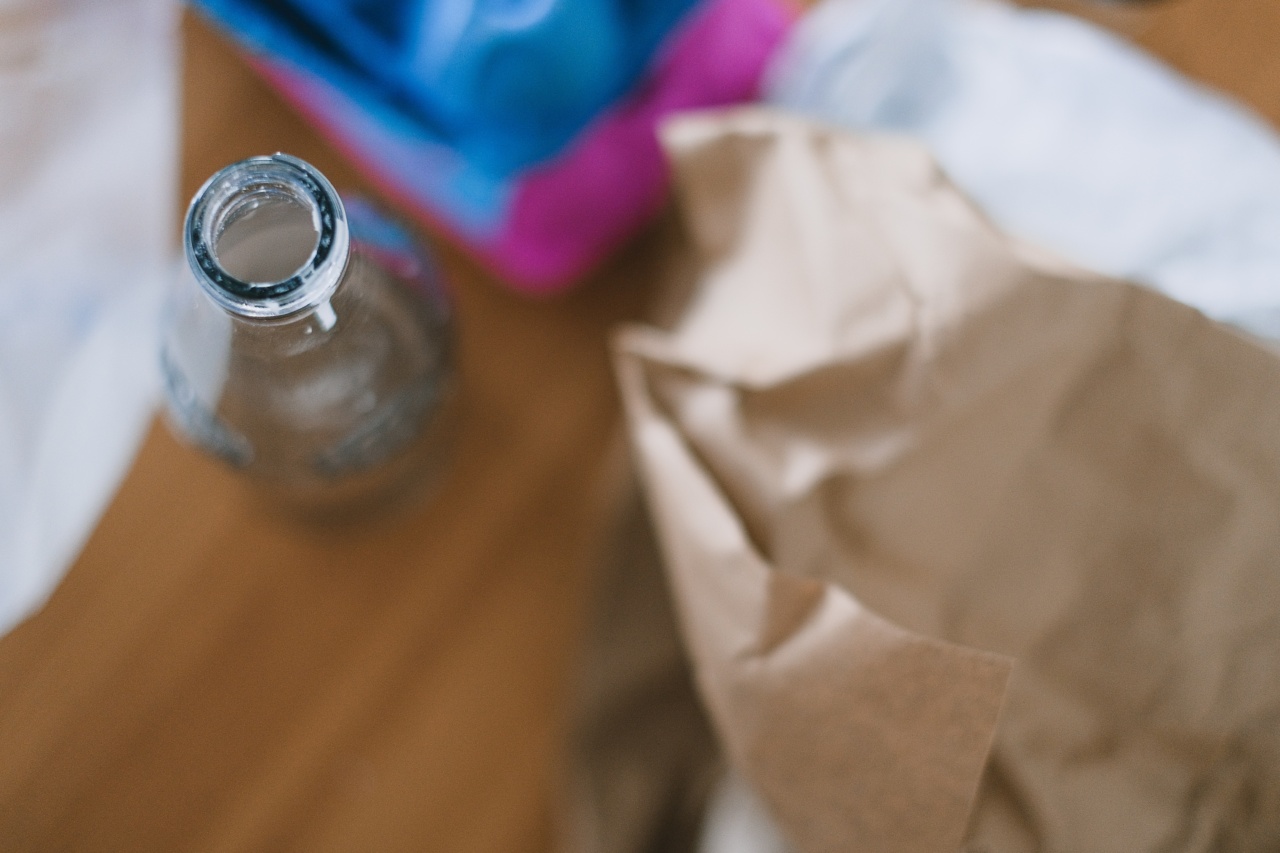As we go about our daily lives, we come into contact with various environmental factors that can have a significant impact on our health and overall well-being.
One such consequence is premature aging, a phenomenon that seems to be increasingly common in today’s society. While aging is a natural process that occurs over time, certain external factors can accelerate this process and lead to premature aging.
In this article, we delve into the toxic impact our environment has on our bodies and explore ways to mitigate these effects.
The Role of Free Radicals
Free radicals are highly reactive molecules that can cause significant damage to our cells and tissues.
These unstable molecules are generated both internally, through normal cellular metabolism, and externally, through exposure to environmental pollutants, UV radiation, and other harmful substances.
When free radicals accumulate in the body, they wreak havoc on our skin, leading to the formation of fine lines and wrinkles.
Additionally, free radicals damage collagen and elastin fibers, which are crucial for maintaining the youthful elasticity and firmness of our skin.
Environmental Pollutants
Our environment is laden with pollutants that can have detrimental effects on our overall health. Air pollution, for instance, contains microscopic particulate matter and toxins that can penetrate our skin and accelerate the aging process.
These pollutants interact with free radicals, further exacerbating the damage caused to our skin cells.
Exposure to chemicals found in household cleaning products, pesticides, and certain personal care items can also contribute to premature aging.
These chemicals disrupt the delicate balance of our skin, leading to dryness, irritation, and the appearance of wrinkles.
UV Radiation and Sun Damage
Excessive exposure to ultraviolet (UV) radiation from the sun is a leading cause of premature aging. Harmful UV rays can penetrate the skin and trigger the production of free radicals.
Over time, these free radicals accumulate, leading to the breakdown of collagen and elastin fibers, resulting in sagging skin, wrinkles, and age spots.
Aside from premature aging, unprotected sun exposure can also increase the risk of developing skin cancer.
It is imperative to protect ourselves by using broad-spectrum sunscreen, wearing protective clothing, and seeking shade when the sun is at its strongest.
Poor Lifestyle Choices
Our daily habits and lifestyle choices can significantly impact our aging process. Smoking, for example, accelerates premature aging by constricting blood vessels and limiting the delivery of oxygen and important nutrients to the skin.
The chemicals in cigarette smoke also cause the breakdown of collagen and elastin fibers, leaving the skin dull, wrinkled, and dehydrated.
Inadequate sleep, excessive alcohol consumption, and unhealthy dietary choices also take their toll on our skin.
Lack of sleep can lead to the accumulation of free radicals, while excessive alcohol consumption dehydrates the skin and robs it of essential nutrients. Unhealthy diets lacking in fruits, vegetables, and antioxidants fail to provide our bodies with the necessary tools to combat free radical damage and maintain the health of our skin.
Stress and Premature Aging
Chronic stress takes a significant toll on our bodies, accelerating the aging process both internally and externally.
Stress triggers the release of stress hormones like cortisol, which, when chronically elevated, can break down collagen and elastin fibers. This results in the loss of skin elasticity, the development of wrinkles, and overall premature aging.
Furthermore, stress contributes to inflammation, a known driver of premature aging. Inflammatory skin conditions, such as acne and eczema, tend to worsen under stressful circumstances.
Protecting Our Skin and Mitigating Premature Aging
While it may not be possible to completely eliminate our exposure to environmental toxins and factors contributing to premature aging, there are steps we can take to protect our skin and mitigate their effects.
First and foremost, it is crucial to establish a consistent skincare routine that includes cleansing, moisturizing, and applying sunscreen daily.
Cleansing removes dirt, oil, and pollutants from our skin, while moisturizing helps maintain its hydration and elasticity. Sunscreen is essential to protect against harmful UV radiation.
Incorporating antioxidant-rich foods into our diet can also help combat free radicals and minimize the damage caused by environmental factors.
Leafy greens, berries, nuts, and green tea are excellent sources of antioxidants that contribute to overall skin health.
Additionally, reducing stress through techniques such as meditation, yoga, and regular exercise can have a profound impact on our overall well-being.
Taking time for self-care activities, engaging in hobbies we enjoy, and fostering meaningful connections with others all contribute to stress reduction.
Conclusion
Premature aging is a complex issue influenced by various environmental factors and our lifestyle choices.
By understanding the toxic impact of our environment and taking proactive steps to protect our skin, we can mitigate the effects of premature aging. Establishing a consistent skincare routine, practicing sun protection, adopting healthy lifestyle habits, and managing stress all play key roles in preserving the youthful vibrance of our skin and overall well-being.






























